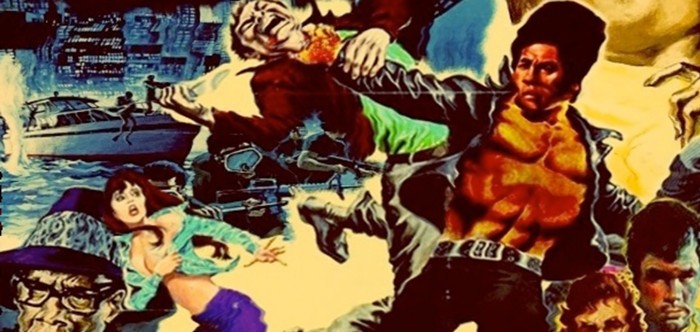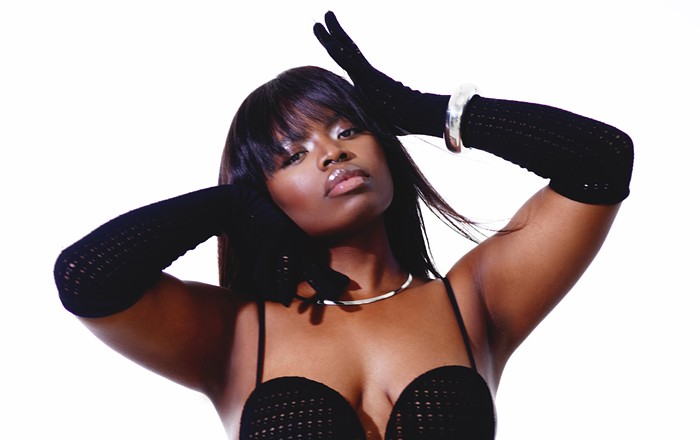
The prodigal, problematic pop princess Katy Perry has returned with her fourth major-label album, Witness, becoming the second female pop star this year to reach number one on the charts (the first was electro-pop star Halsey for her new album, Hopeless Fountain Kingdom). Since Witness dropped on June 9, it's sold 6.5 million copies and been downloaded 71 million times. And Perry wants us all to know how woke she is now.
"I feel very empowered... extremely liberated, liberated from the conditioning of the way I used to think, spiritually liberated, politically liberated, sexually liberated, liberated from things that don't serve me," she told the New York Times in an interview last month. Wow, that's a lot of liberation, Katy!
After a tough election night commiserating with Lady Gaga about Donald Trump's win, Perry has embarked on a journey to redesign her brand into that of a more authentic, fully realized self. In case you didn't know, she is singing "purposeful pop" now. "We're living in a bubble, so comfortable we cannot see the trouble," she warns in "Chained to the Rhythm," right before reggae star Skip Marley breaks through a television screen in the song's video to lead her and her social consciousness to enlightenment.
Perry also stopped drinking in January (around the time fellow tone-deaf pop star Miley Cyrus decided to quit smoking weed), ditched producer Dr. Luke (who's embroiled in a lawsuit with Ke$ha anyway), and apologized, awkwardly and with the privileged conviction of complete obliviousness, to Black Lives Matter activist DeRay McKesson for her misguided, cultural-appropriating ways. Her geisha-style costume at the American Music Awards in 2013, her Egyptian-culture-exotifying video for "Dark Horse," and wearing cornrows and putting on a "blaccent" for "This Is How We Do" are just a few of these wince-worthy moments.
Now 32, Perry seems ready to deal with her demons... but only if they're aired on a 72-hour YouTube live stream dubbed "Witness World Wide," in which the singer invites us, hapless audience members who maybe don't care if they never get those 72 hours back, into her life as she cooks meatballs with Gordon Ramsay, ranks past lovers (John Mayer, Orlando Bloom, and Diplo—in order of best in bed to worst) and talks about her feud with Taylor Swift with late-night talk-show host James Corden, and does yoga with her dog, a teacup Pomeranian named Nugget.
There's also an hour-long therapy session with Viceland therapist Dr. Siri Sat Nam Singh, in which Perry delves into her past as regular ol' Katheryn Hudson, processes her strict religious upbringing, and recounts suicidal thoughts. Before you start wondering if you even care (and you've probably already decided you don't), consider this: a lot of people did. The live stream garnered 49 million views from 190 different countries.
For better or worse, Perry has a giant platform from which to preach her new, aware ways—and, certainly, drawing attention to mental illness by publicly discussing her struggles is admirable and can help a lot of people. But she wastes the opportunity to do much more than that. Witness is a confusing, meandering mash-up of deep house, EDM, dancehall, and disco, along with vague, tepid anthems about empowerment mixed in with the usual pining over exes, sexual innuendos involving food products, and Taylor Swift disses.
On her newfound quest for sparking meaningful conversations through purposeful pop, Katy Perry would happily put Katy Perry away forever: "I didn't want to look like Katy Perry anymore," she said, in answer to why she so drastically changed her look. But so far, Perry is too busy looking at her own reflection to notice how she could actually be doing so.


















